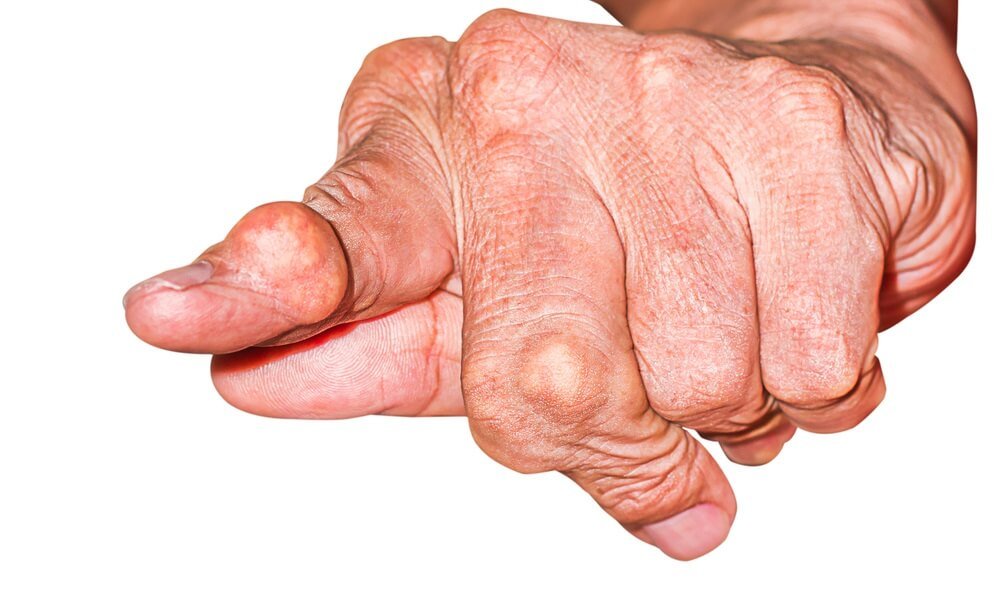3) In chronic gout:

In these cases, the goal of treatment is to prevent the attacks and lower the uric acid levels to the safe range. Also, in this case, we need to protect the kidney and prevent the development of stone or renal failure. In chronic gout, we may use medical treatment (hypouricemic medications) and lifestyle modifications to control the uric acid level in a better way. Medications may prevent the uric acid formation or increase their excretion. The choice depends on the underlying problem, either overproduction or underexcretion. Don’t use these hypouricemic medications until the acute attack resolves.
These medications include:
1. Allopurinol: Allopurinol inhibits the synthesis of uric acid by inhibition of the xanthine oxidase enzyme. Xanthine oxidase enzyme is essential for purine metabolism that ends with uric acid formation. It is a very cheap and effective medication. But, never use allopurinol during the acute attacks of gout because it may worsen the attack. Allopurinol may show some side effects, such as fever, diarrhea, allergy, and bone marrow depression. The dosage ranges from 100 to 300 mg/day, but the doctor should adjust the dose according to the glomerular filtration rate.
2. Febuxostat: It is also a xanthine oxidase inhibitor that decreases uric acid formation. With febuxostat, there is no need to adjust the dose based on the glomerular filtration rate. Febuxostat may show side effects, such as headache, nausea, diarrhea, arthralgia, skin rash, and elevated liver enzymes.
3. Probenecid: It is a uricosuric medication, which means that it increases the excretion of uric acid in urine. Alkalization of urine is essential with probenecid to avoid the development of renal stones. We can achieve urine alkalization by sodium or potassium citrate. The dosage of probenecid is 0.5-1gm/12hours.
4. Pegloticase: It is a new medication for the treatment of gout; it is useful in severe, treatment-resistant, and chronic cases. It converts the uric acid into allantoin, which is more soluble and easily excretable by the kidney than the uric acid. It is a recombinant procaine-like uricase. Patients take Pegloticase as an intravenous infusion every two weeks. It may cause hemolysis in patients who suffer from glucose-6-phosphate dehydrogenase deficiency.
In addition to medical treatment, your doctor will advise you to modify your lifestyle to keep uric acid within the safe range.
